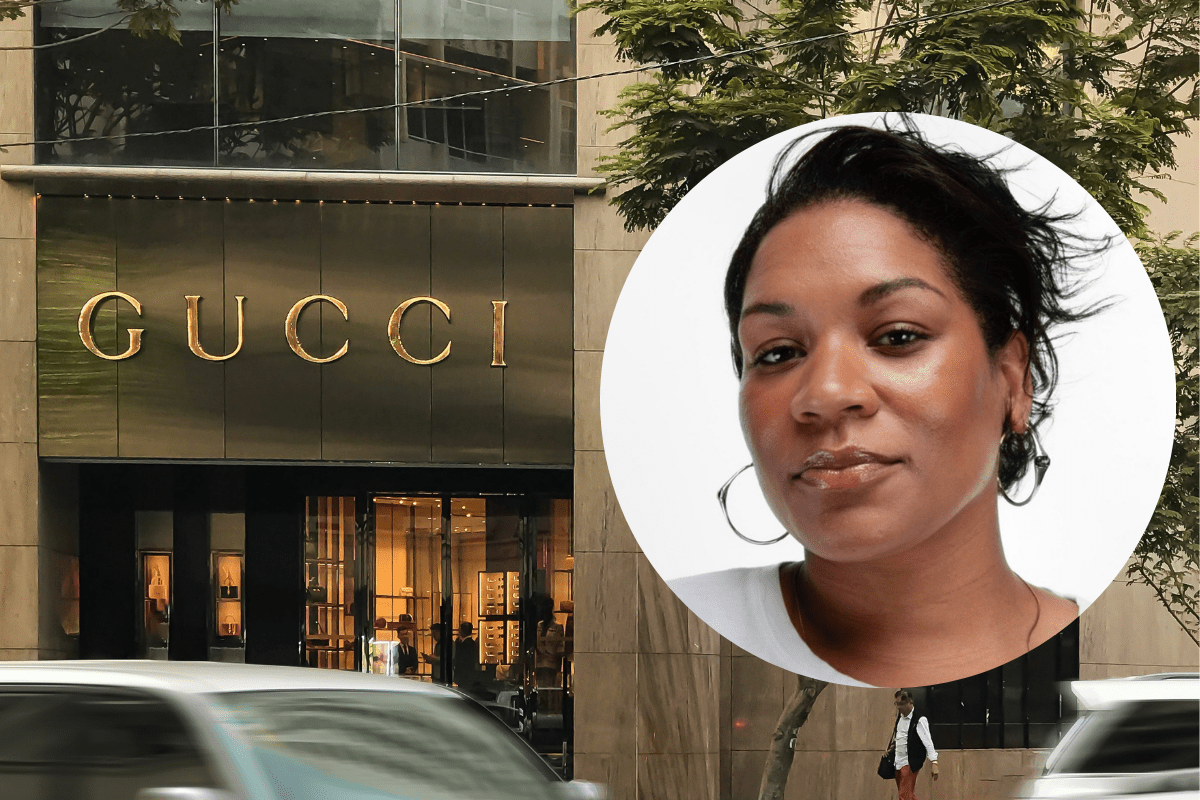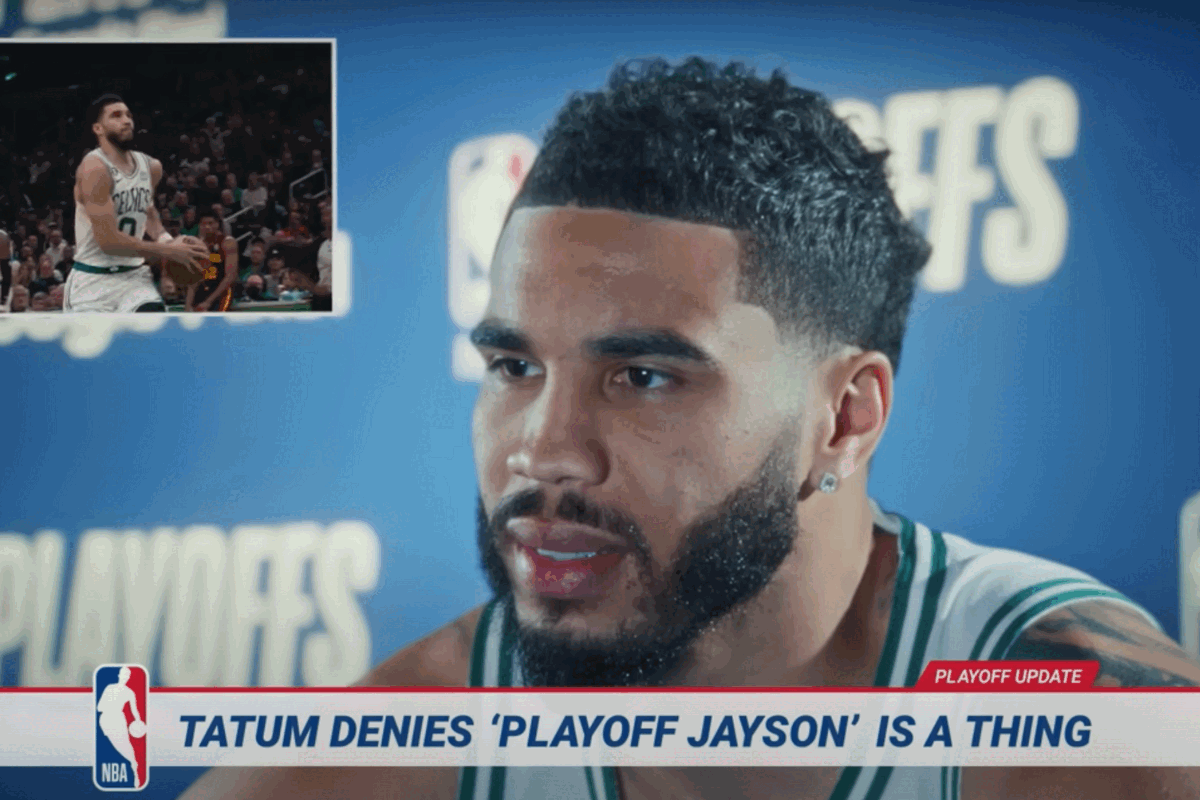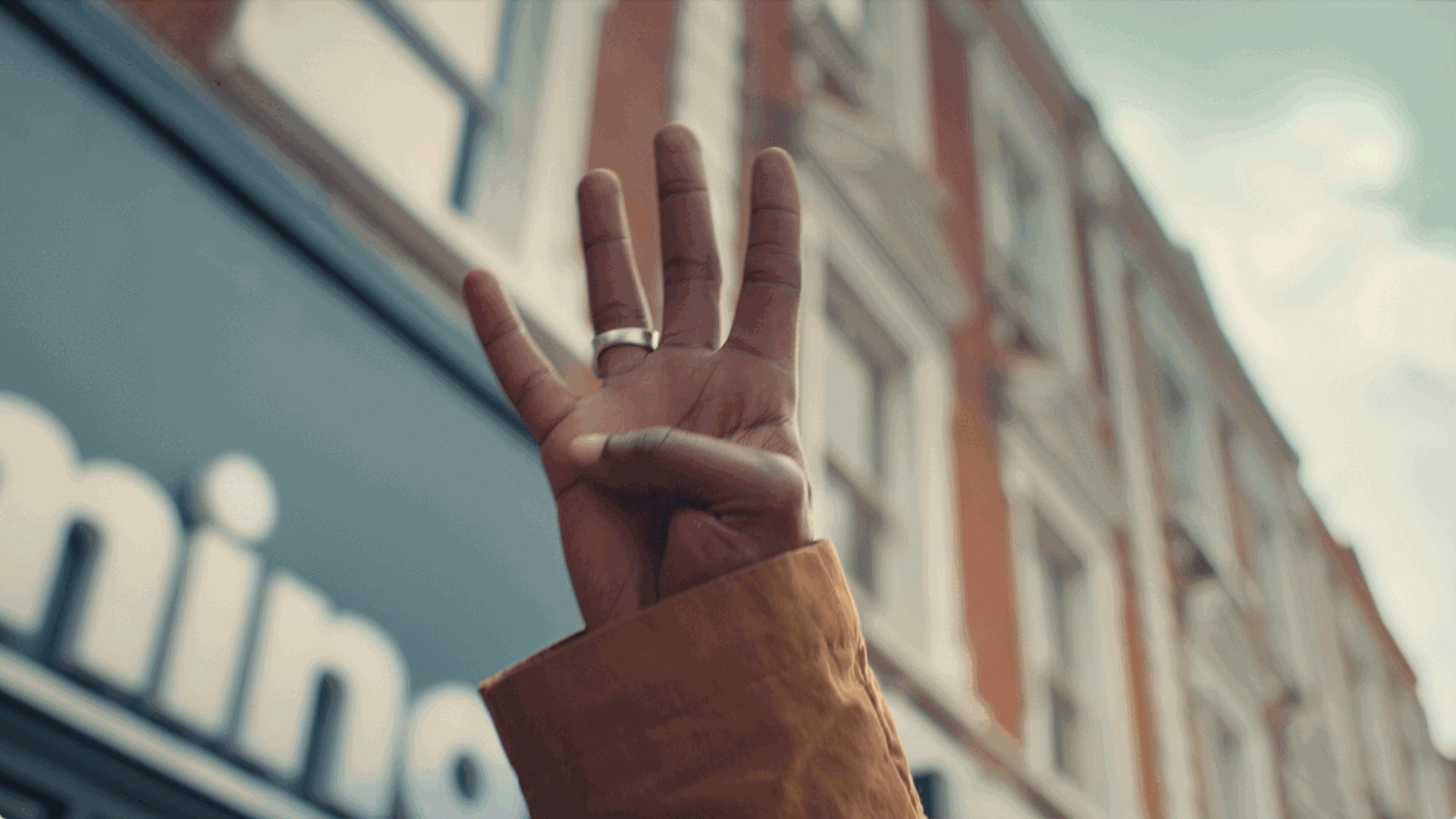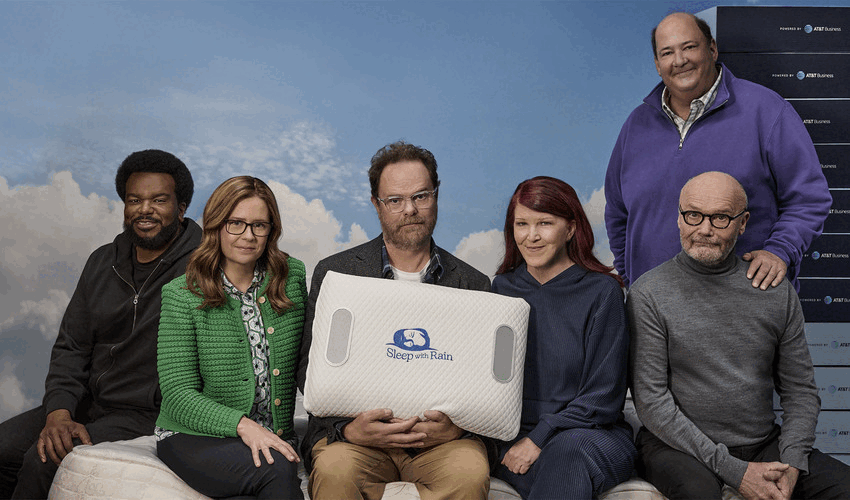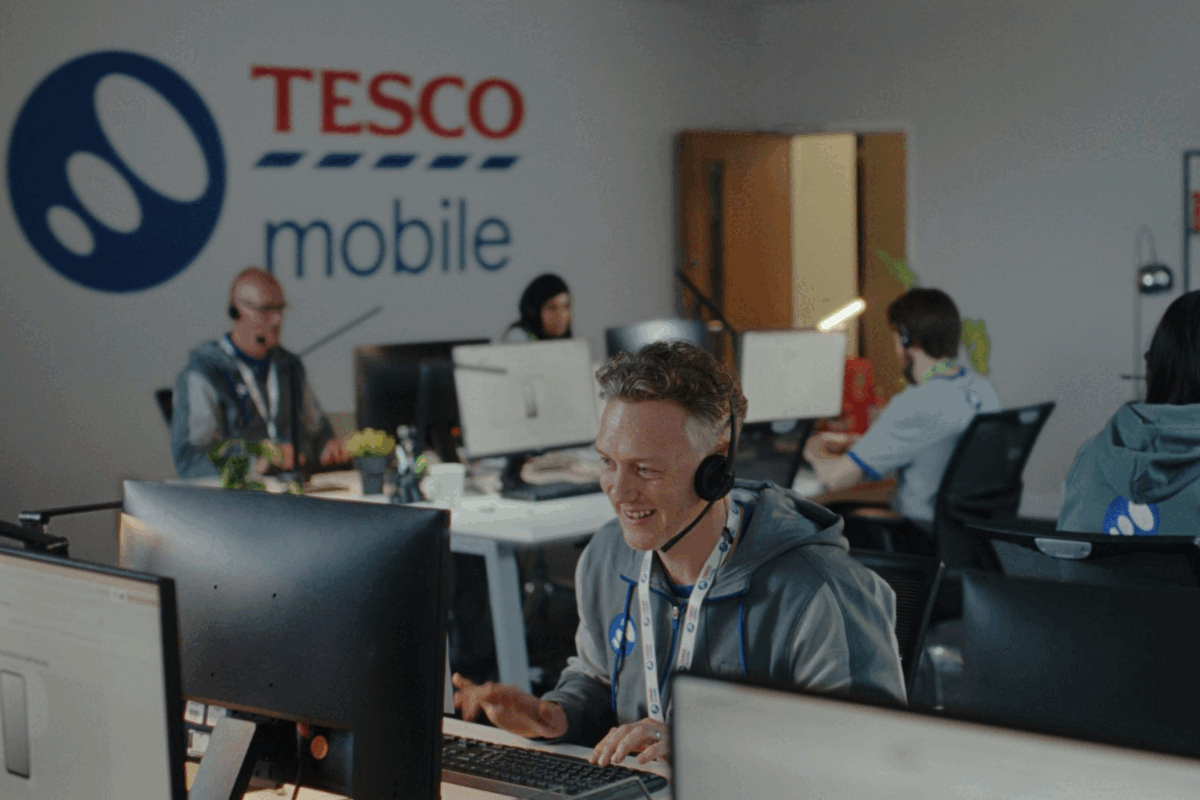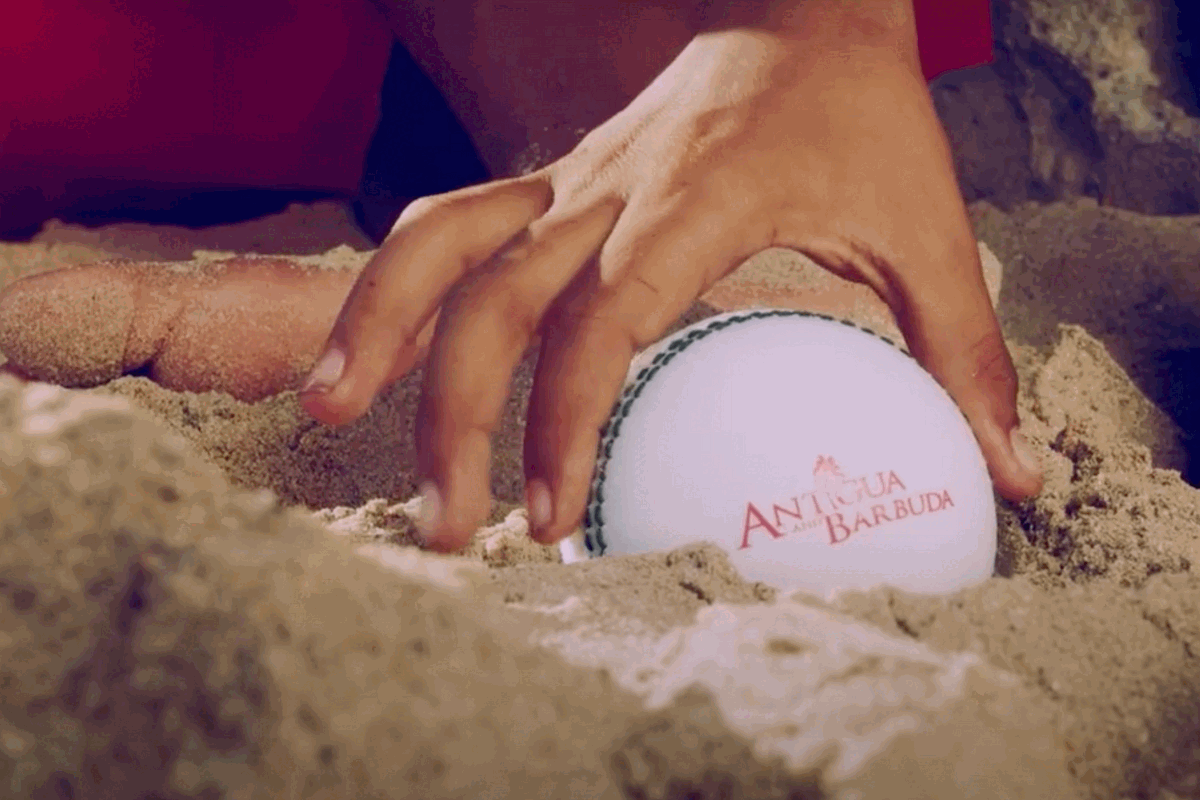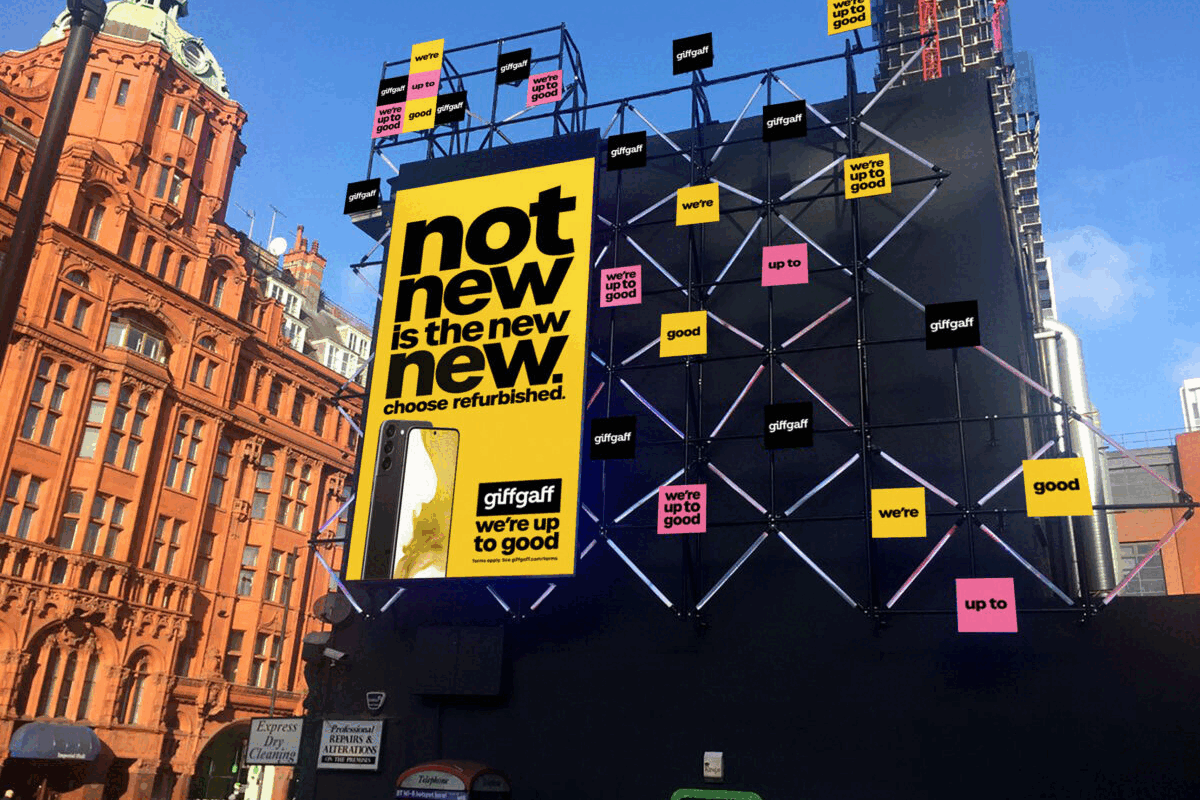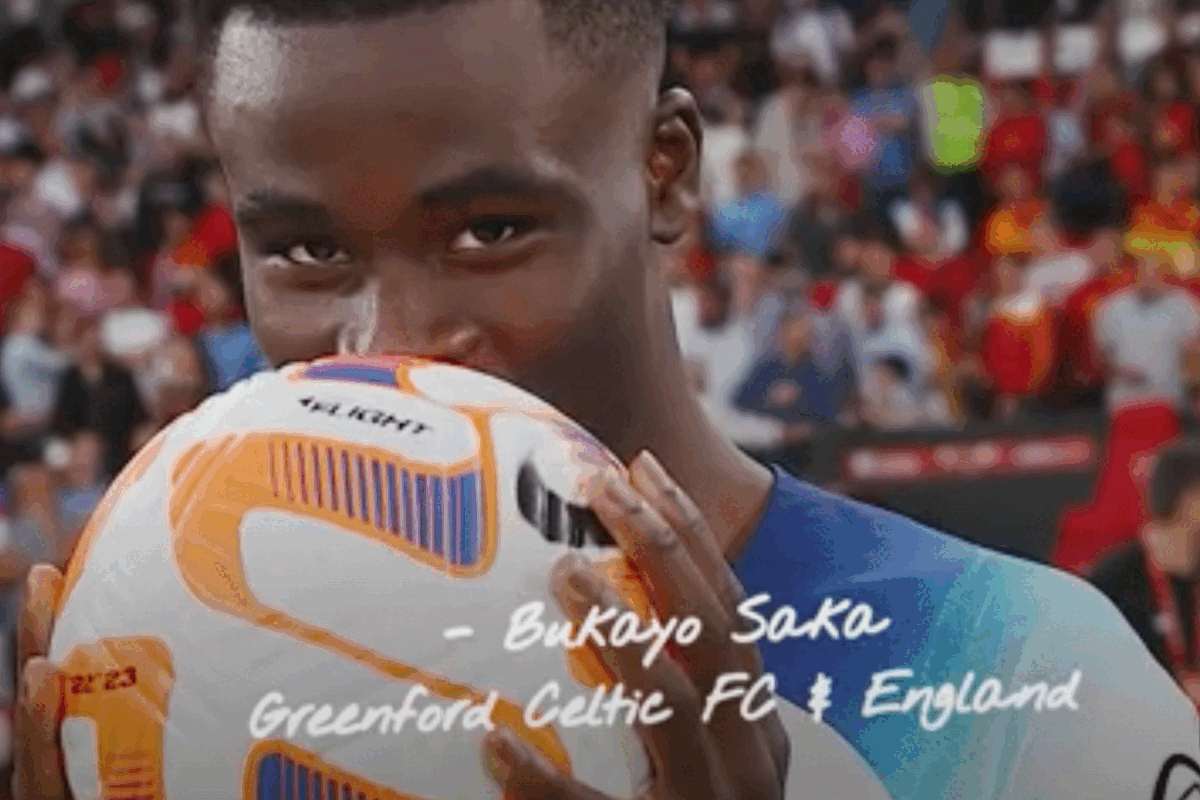Viewpoint: Unileving my love behind
- Wednesday, February 14th, 2018
- Share this article:
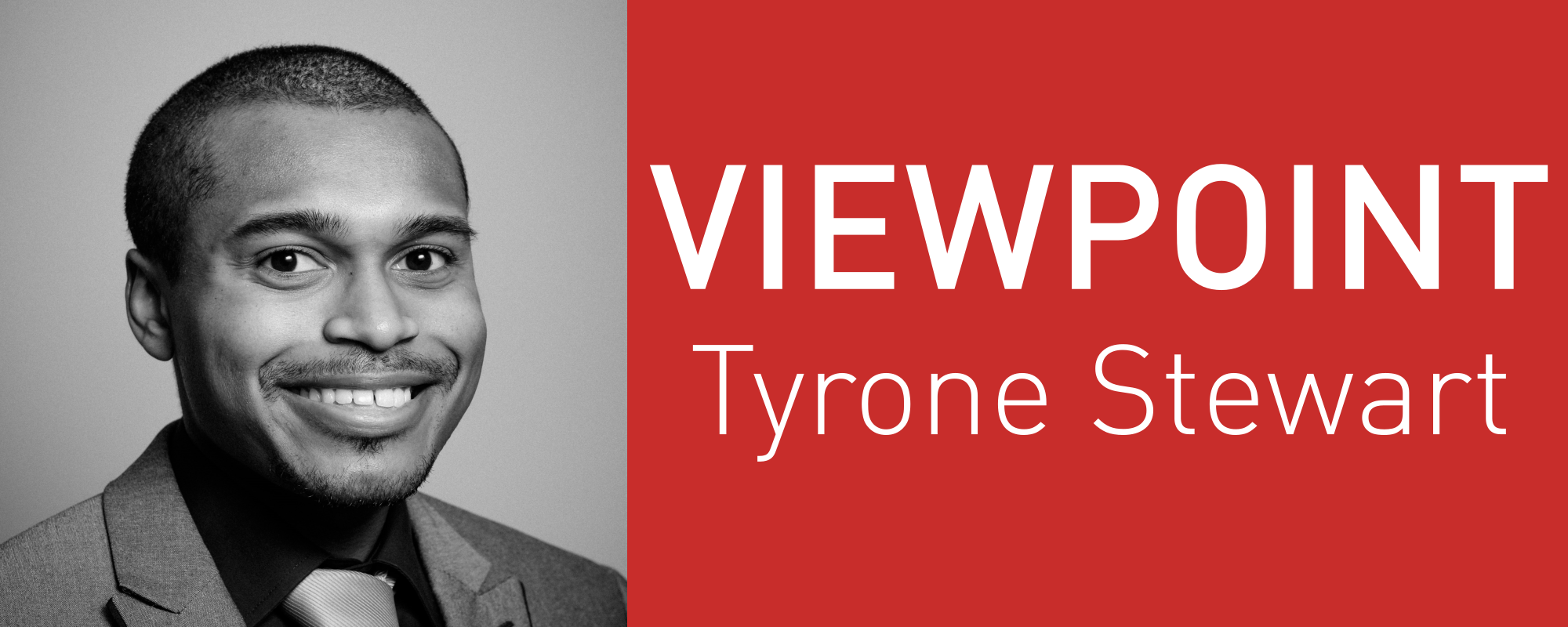 This Valentine’s week has seen Unilever – one of the world’s largest advertising spenders – threaten to break up with major digital platforms, such as Google and Facebook, and pull back its advertising budget from them. This came almost a year to the day after the world’s biggest advertiser, Procter & Gamble (P&G), warned it would do just the same. It must be something about Valentine’s eh? Anyway, despite P&G’s threats, it hasn’t pulled ads entirely from the major tech platforms, only opting to keep its ads away from YouTube. So, can we really expect Unilever to drop advertising from the likes of Facebook and Google, or are these just empty threats from another major advertiser?
This Valentine’s week has seen Unilever – one of the world’s largest advertising spenders – threaten to break up with major digital platforms, such as Google and Facebook, and pull back its advertising budget from them. This came almost a year to the day after the world’s biggest advertiser, Procter & Gamble (P&G), warned it would do just the same. It must be something about Valentine’s eh? Anyway, despite P&G’s threats, it hasn’t pulled ads entirely from the major tech platforms, only opting to keep its ads away from YouTube. So, can we really expect Unilever to drop advertising from the likes of Facebook and Google, or are these just empty threats from another major advertiser?
More than a quarter of Unilever’s advertising is digital, and we all know that the large majority of that spend goes to the duopoly that is Facebook and Google. Due to this, can we really say it’s in the best interests of any advertiser to pull ads from the tech giants?
Of course, the big tech players have their problems, they’ve had their issues with Russia, their problems with extremist content, failed to stop the flow of fake news, and been unable to stop people experiencing abuse right across their platforms. For all that, they still dominate the advertising landscape and will continue to do so for the foreseeable future.
Recently, both Twitter and Snapchat have shown signs that they could potentially put a dent in the dominance of the duopoly, while Amazon has been stepping up its advertising game. But, well, Twitter has much of the same problems that Facebook and Google have faced, and Snapchat is receiving a huge backlash from users following its major redesign. Amazon, on the other hand, hasn’t done too much to get on anybody’s bad side yet – except for dip its toes into every sector out there – and could eventually provide a real alternative to the duopoly.
Until another of the big tech players steps up, we can expect the likes of Unilever and P&G to continue to pump cash into advertising with Facebook and Google.
If the tech giants do end up cleaning up their act, it’s likely to be as a result of government and other outside involvement – because self-regulation doesn’t seem to be doing the job, whatever the powerhouses try to tell us.
All of the major platforms have put things in place to try and deal with their various problems. We’ve seen AI implemented across the platforms to try and stop Russia, stop terrorist content, stop abuse, help users with mental health issues, and more. Despite this, the tech giants have also been forced to admit that their AI isn’t quite up to standard yet, and have had to bring in more human staff to deal with the growing number of problems. Even with this, it’s clear the companies are coming up short and they will continue to do so while they are regulating themselves.
In a step in the right direction, the UK government has developed its own AI technology to detect terrorist content across all online platforms. Though this tech is aimed at helping smaller companies, you can’t help but think it’s about time other democracies join in and do some of the regulating themselves.
“Unilever’s warning to the big tech giants regarding ad spend highlights what is probably the single biggest challenge for our industry – the demand for change when it comes to transparency,” said Andrew Morsy, UK managing director at buy-side ad platform Sizmek. “This is not the first story we’ve seen about huge advertisers threatening to pull ad budget over concerns around secrecy, fake news and brand safety. Due to their dominance over the advertising market, the ‘duopoly’ has an even greater responsibility to ‘serve and protect’ brands advertising with them, as well as the consumers viewing those adverts. But theyre not the only ones – this is a trust issue that all of us in the ad tech arena need to focus on.
Once this self-regulation has stopped occurring, there will be no longer be a reason for any major advertiser to step out on stage and aim baseless threats at those that they rely on so heavily. If other do not get involved in the regulating of the platforms, then threats will only begin to make any impact once – if ever – Facebook and Google experience real pressure from the likes of Twitter, Snapchat, and Amazon in the advertising space.
For now, it’s clear to see that Unilever and the duopoly will be spending this year’s Valentine’s evening together – and probably quite a few more evenings after that.




